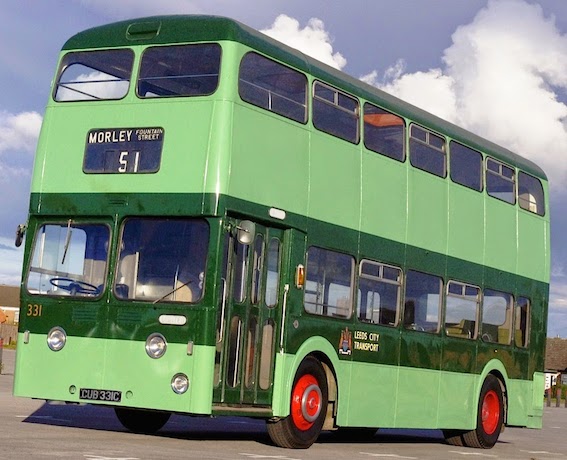
![]()
 My Nigerian neighbours moved out this week. It was all rather unexpected – there had been no build-up, no forewarning and then they told me they were going. The next day.
My Nigerian neighbours moved out this week. It was all rather unexpected – there had been no build-up, no forewarning and then they told me they were going. The next day.
I suppose they have been there about eight years. Long enough to have two more children anyway. Long enough to see their eldest child make the full journey through primary school.
Unwanted change is a minor bereavement, although not to be confused with “la petite mort” which sounds like it might mean the same thing but doesn’t.
We get used to people and expect them to remain where they are so as not to disrupt our world. Once we’re used to them we feel a certain emotional investment in them, almost like family. Watching their children grow is the fixer; the thing that seals it. We are forced to confront the passage of our own lives seen through the prism of burgeoning youth. It’s a profound, humbling, good and yet terrifying feeling. And then…all of a sudden these people we have grown so accustomed to, they go and exercise their own free-will; something which we hadn’t factored into our evaluation of the relationship we had with them.
They were next door, they were nice, they should stay there. It really was that simple. But when they leave, it’s unavoidable to dwell on all the things that have happened in our life during the time they were there. The little triumphs, the losses both big and small; the cliche of the laughter and the tears for once not overplayed.This type of self-reflection can be warming. It can also be destructive.
After the neighbours left, the owners of the house had workmen in doing jobs and clearing space to make ready for new tenants. As I took my dog for a walk I looked down the side of the house at some of the stuff the workmen had cleared. Standing there was a small pink tricycle, abandoned and ready for disposal. Something caught in my throat and I coughed and turned away because what else could I do? Discarded toys, like discarded children’s shoes have a special power over me. I thought of the scene in This Happy Breed when Frank says to Bob that he’s “wondering what the next people that live in this room will be like. Whether they’ll feel any bits of us left about the place.”
As I walked the dog I felt sucked in by nostalgia’s exquisite cocktail of joy and pain.
And for no good reason at all I was suddenly transported to another time and place. I don’t know how a lightbulb works, much less a mind, but somehow I started to think of people I hadn’t seen for years.
Back to a council flat, long since bulldozed and from there to the local pub, also surrendered to the wreckers, and lastly to the regulars inside, now definitely dispersed, some having consumed all life’s bounty not wisely but too well, no doubt dead, and yet I had an impossible longing to be there again. The impermanence of everything overwhelmed me and while this impermanence is often a good thing on this particular day I was “lonesome for a place I know”. A place that doesn’t exist now.
I thought specifically of two artists I knew then. If I ever think of one of them he is always dressed in jeans and T-shirt with a denim jacket and always, always laughing. At that time his paintings had become large canvases that were almost entirely black. The other artist’s work was as different again – tangerine flashes of goldfish swimming in impossibly sky-blue water, her work a rose among the daffodils. Two artists, friends, both from the same city – not this one – and both brilliant and unique.
When I got home I became obsessed with finding the artist whose canvases had been black. Thanks to the internet I found examples of his work from later years and he seemed to have rediscovered the whole palette until his work reflected his personality more accurately – playful, human and vibrant. I hoped that good things in his life had wrought the changes in his work. This mental turmoil stirred up by a tricycle was resolved by a vivid spectrum of colours, his life at last happily imagined in rainbow shades.
And so back to worrying about neighbours. I’m faced with the prospect of having to get to know new people. Who may not be nice. And their niceness will have no influence over their proximity – they will be near whether I like it or not.
Will they have loud children, or a permanently barking dog? Will they “like a drink”, to the extent that the police sometimes have to come round when they’ve liked it too much? Will they be small-scale entrepreneurs working from home with customers tending to call at all hours on a night to collect “product”?
I can’t know the answers to these questions, yet but I am grateful that my memory is a treasure chest of people who have either played minor walk-on roles or have mattered to me deeply. Everyone I have ever met is my neighbour for good or ill but some have splashed the bright and gaudy hues of life all over my walls and kicked over my fences so that they could make human contact. As always, I have faith in the future and faith in people.


